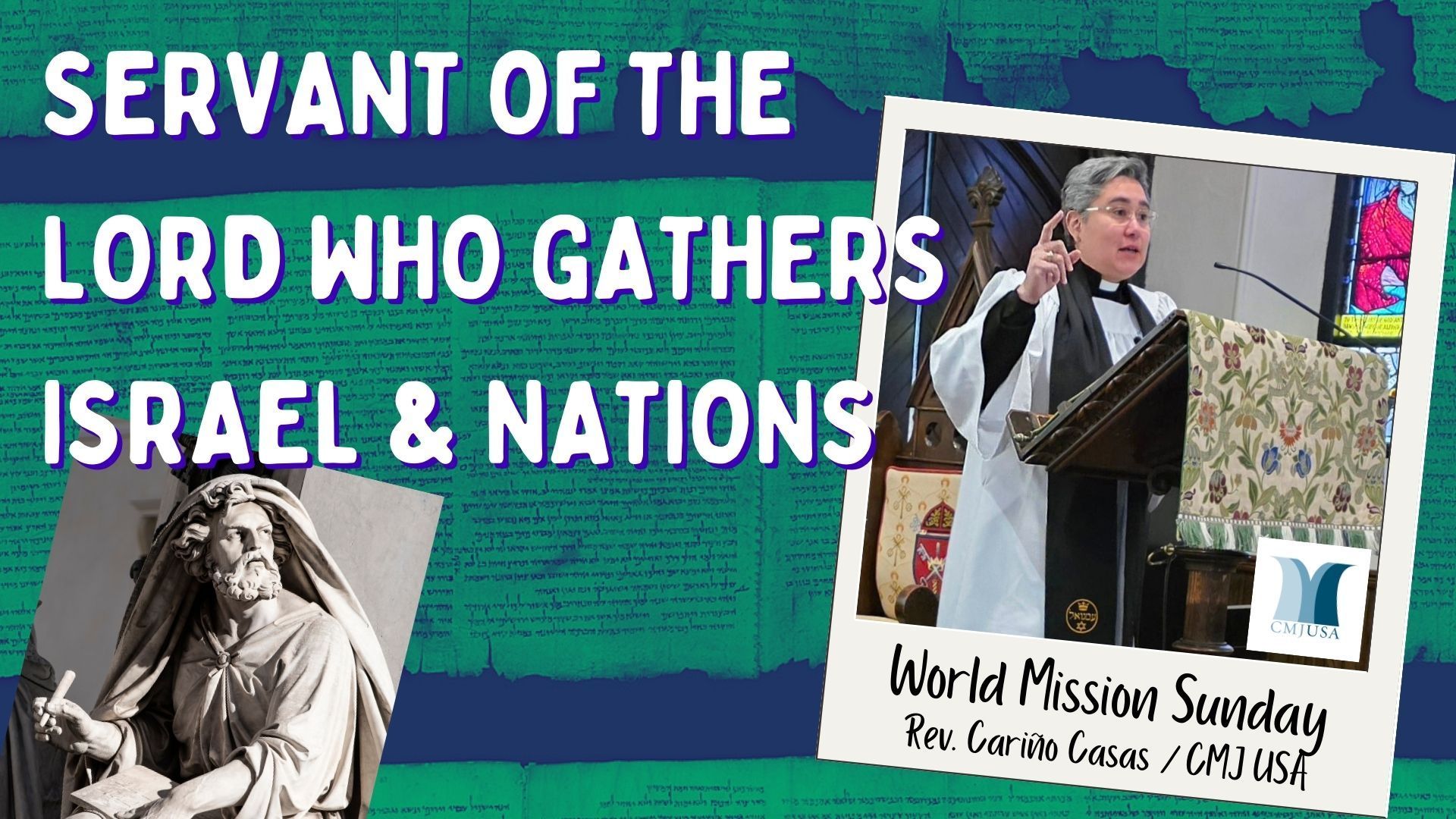It is telling that those who do not know any Jewish neighbors would not sense the threat of antisemitism. It is concerning that the younger generations have not been properly taught about the Holocaust and the virulent antisemitism that preceded it. In 31 states, Holocaust education is not required
in the public school curriculum.
CMJ sees two practical steps to address these two findings on antisemitism in the US: get to know your Jewish neighbors and learn about antisemitism.
- Get to know your Jewish neighbors:
We cannot really understand why those outside our social circles might feel unsafe or unwanted until we “walk a mile in their shoes.” That requires getting to know their life challenges. Is there a synagogue or a Jewish neighborhood in your area? Go introduce yourself and ask them to teach you about the Jewish holidays. Why? Because Jesus celebrated the Feasts of the Lord. Or ask if they feel safe as Jews in your area. If they say no, ask how you can help make your neighborhood or town safe and welcoming.
- Learn more about antisemitism:
You can start by reading
what we’ve written thus far on our blog, where we will continue to add teachings and articles. Learn how the Church has struggled with antisemitism and be prepared to hear how your new Jewish friend’s family may have been affected directly by some pogrom or inquisition that was led or instigated by Christians in Europe or elsewhere. This history should humble us and move our hearts to repentance. Basilea Schlink was asked, “So for how long are you going to repent” for Christian antisemitism and the Holocaust? She responded, “So long as a Jewish heart is grieving, we will continue to express our grief for what happened.”
One day your new friend will ask you why the Messiah is important to you. As with all new friends that we make, be ready to give an answer for the hope that you have in the Messiah, with gentleness and respect (1 Pet 3:15).
Not sure where to start? Invite a CMJ representative
to come talk to your church or small group about antisemitism both within the church and in the society around us as well as how to build bridges with your Jewish neighbors.





